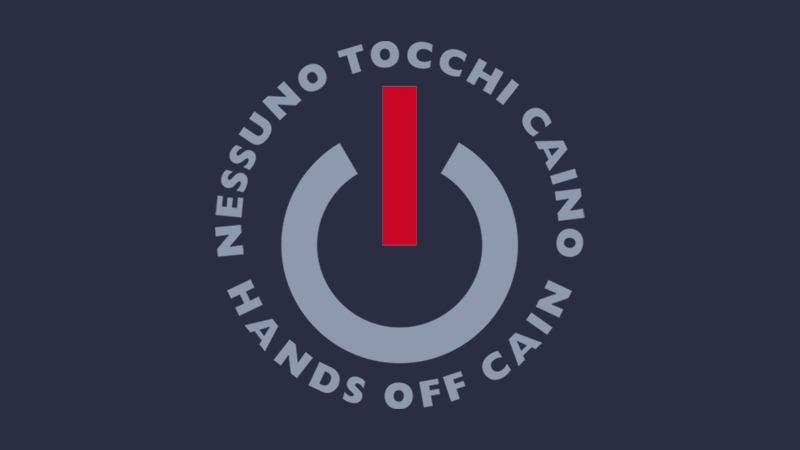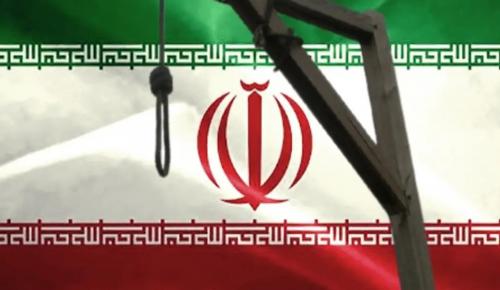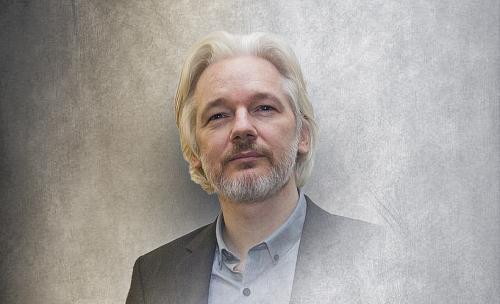government: costitutional monarchy
state of civil and political rights: Partly free
constitution: 10 March 1972, revised 4 September 1992 and amended in September 1996; new constitution approved in referendum 1 July 2011
legal system: based on French and Islamic law
legislative system: bicameral Parliament consists of an upper house (Chamber of Counselors) and a lower house (Chamber of Representatives)
judicial system: Supreme Court whose judges are appointed on the recommendation of the Supreme Council of the Judiciary, presided over by the monarch
religion: Muslim majority
death row: 115, as of 19 february 208, according the President of the General Prosecutor, Mohamed Abdennabaoui
year of last executions: 0-0-1993
death sentences: 1
executions: 0
international treaties on human rights and the death penalty:International Covenant on Civil and Political Rights
Convention on the Rights of the Child
Convention Against Torture and Other Cruel, Inhuman or Degrading Treatment or Punishment
Statute of the International Criminal Court (which excludes the death penalty) (only signed)
situation:Morocco continues to observe the moratorium on executions that has been in place since 1993, in the knowledge that the abolition of capital punishment is the subject of intense debate among various sectors of Moroccan society.
King Mohammed VI has not signed an execution decree since he took the throne on 23 July 1999. Since then, many people on death row had their sentences commuted to life imprisonment, a further sign towards the abolition of capital punishment in the country which had a stop after the attacks in Casalblanca. A new law approved by the Parliament in May 2003, extende the death penalty for crimes of terrorism. However, to this regard, on 19 August 2017, the Morocco's King Mohammed VI has granted pardon to 415 convicts found guilty of terrorism and another convict got his sentence reduced from death penalty to a 30-year prison term. The announcement came a day before Morocco's 64th anniversary of the Revolution of the King and the People.
On 1 July 2011, the constitutional reforms called for by Mohammed VI were approved by a public referendum with a landslide 98% vote. Reforms included: freedom for political parties, the separation of the government’s executive from its judicial branch, women’s rights and minority rights. For the first time, the Constitution affirms life as a fundamental right.
Since 2013, Morocco has embarked on a major reform of the justice system, in accordance with the provisions of the Constitution and international standards on the establishment of an independent, impartial judicial system that guarantees respect for human rights and the primacy of the law. The reform involves the drafting of two bills, on the Code of Criminal Procedure and the Criminal Code.
The draft Criminal Code provides for a considerable reduction in the number of offences subject to the death penalty, down from 31 to 9. Under the new Military Courts Act, the number of such offences has dropped from 16 to 5. In that connection, under article 430 of the draft Code of Criminal Procedure, a death sentence may be pronounced only if the judges reach a unanimous verdict. Moreover, the record of their decision must state that the death sentence was unanimously agreed and must be signed by all the judges involved in the ruling.
On 16 June 2014, addressing the two Houses of Parliament, the Chairman of the National Human Rights Council (CNDH), Driss El Yazami, stressed the need to implement the main institutional recommendations of the Equity and Reconciliation Commission, including the ratification of the Rome Statute of the International Criminal Court and the abolition of the death penalty. Although this provided campaigners with some hope that the kingdom was moving towards abolishing capital punishment, Morocco's Islamist-led parliament has not yet done so.
However, since 2013, 28 individuals had been sentenced to death. In 2016, the prison service reported a total of 92 prisoners under death row. On 19 February 2018, the President of the General Prosecutor Mohamed Abdennabaoui said, during a meeting with ambassadors in the kingdom, that Morocco currently has 115 condemned to death. This means that around 20 people have been sentenced to death in Morocco in 2017.
During the third cycle of the UPR, civil society reported that 67% of prisoners who had been sentenced to death suffered from serious mental health problems. They are placed in solitary confinement and there is no right to receive visits established by law.
Since 1973, only two people were put to death. The last execution took place in 1993 when Mohammed Tabet, Chief of Police and Chief of Intelligence of the country, was executed for abuses of power and the rape of hundreds of woman and girls.
On 6 February 2017, Morocco’s High Religious Committee has retracted its Islamic ruling stating that apostasy is punishable by death and has decided to permit Muslims to change their religion.
United Nations
In May 2017, Morocco had its third cycle of the Universal Periodic Review of the UN. It was noted that Morocco had not yet ratified the Second Optional Protocol to the International Covenant on Civil and Political Rights, even though it had accepted the recommendation made in that regard at the time of its second universal periodic review.
Morocco rejected the recommendation to immediately and completely abolish the death penalty. However, in September 2017, when the UN Working group report was published Morocco said that recommendations on death penalty will be examined and responses will be provided in due time, but no later than the thirty-sixth session of the Human Rights Council
On 17 December 2018, Morocco abstained again on the Resolution on a Moratorium on the Use of the Death Penalty at the UN General Assembly.











